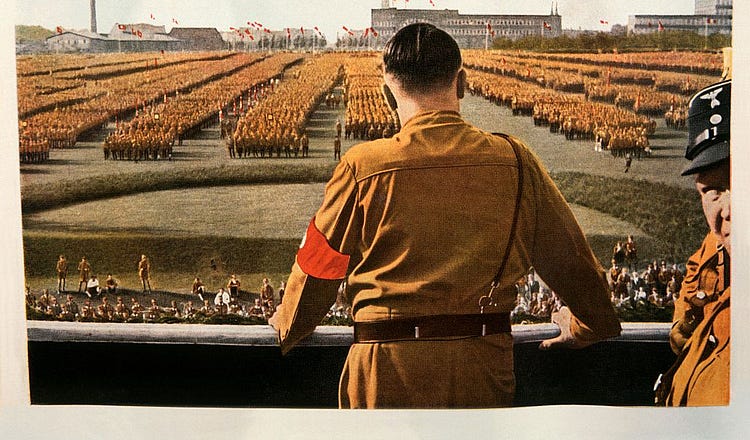
According to Tucker Carlson, Darryl Cooper is “the most important popular historian working in the United States today.” I had never heard of Cooper until this week and was none the wiser when I went to look for his books. There are none.
According to Wikipedia, “he is author of Twitter — A How to Tips & Tricks Guide (2011) and the editor of Bush Yarns and Other Offences (2022).” These are scarcely works of history. It turns out that, as Carlson put it in his wildly popular conversation with Cooper, this historian works “in a different medium—on Substack, X, podcasts.”
The problem, as swiftly became apparent on Carlson’s podcast, is that you cannot do history that way. What we are dealing with in this conversation is the opposite of history: call it anti-history.
True history proceeds from an accumulation of evidence, some in the form of written records, some in other forms, to a reconstitution of past thought, in R.G. Collingwood’s phrase, and from there to a rendition of Leopold von Ranke’s was eigentlich gewesen: what essentially happened. By contrast, Darryl Cooper offers a series of wild assertions that are almost entirely divorced from historical evidence and can be of interest only to those so ignorant of the past that they mistake them for daring revisionism, as opposed to base neo-Nazism.
Podcasts are not reviving history, as is often claimed these days. They are mostly drowning it in a tidal wave of blather, at best sloppy, at worst mendacious.
I could see early on where this conversation was going. It’s the moment when Cooper offers his appraisal of the Jonestown mass suicide of 1978 as microcosm. A microcosm of what? Of the civil rights movement, of course.
Here’s Cooper:














